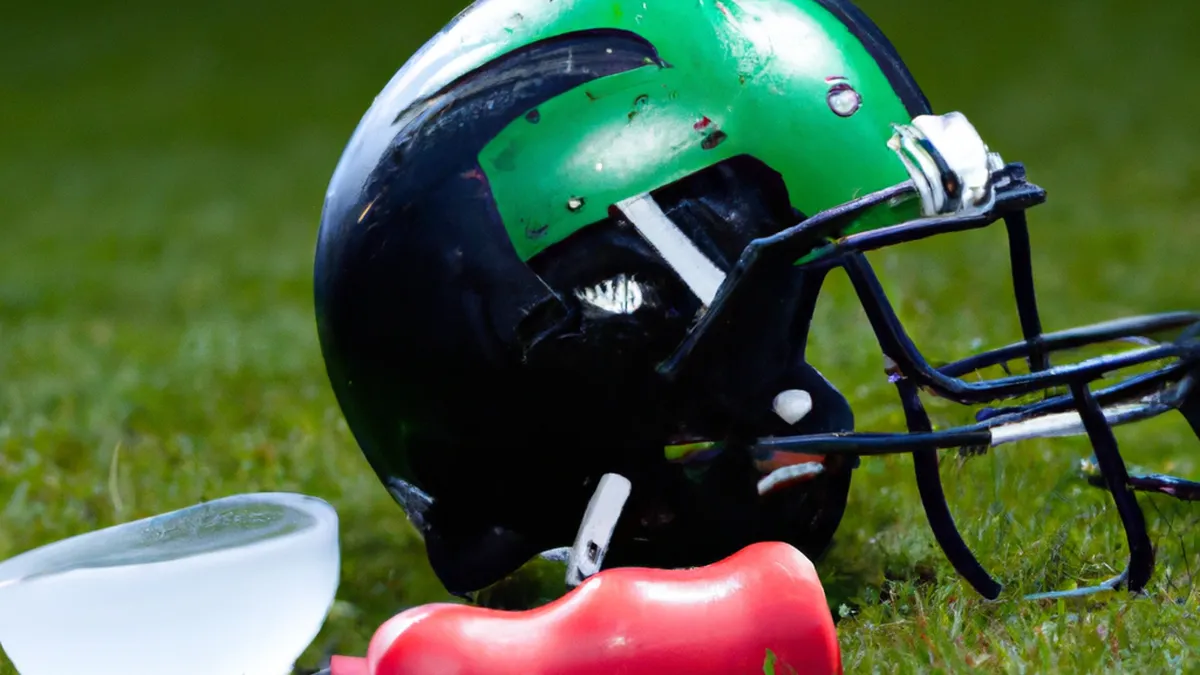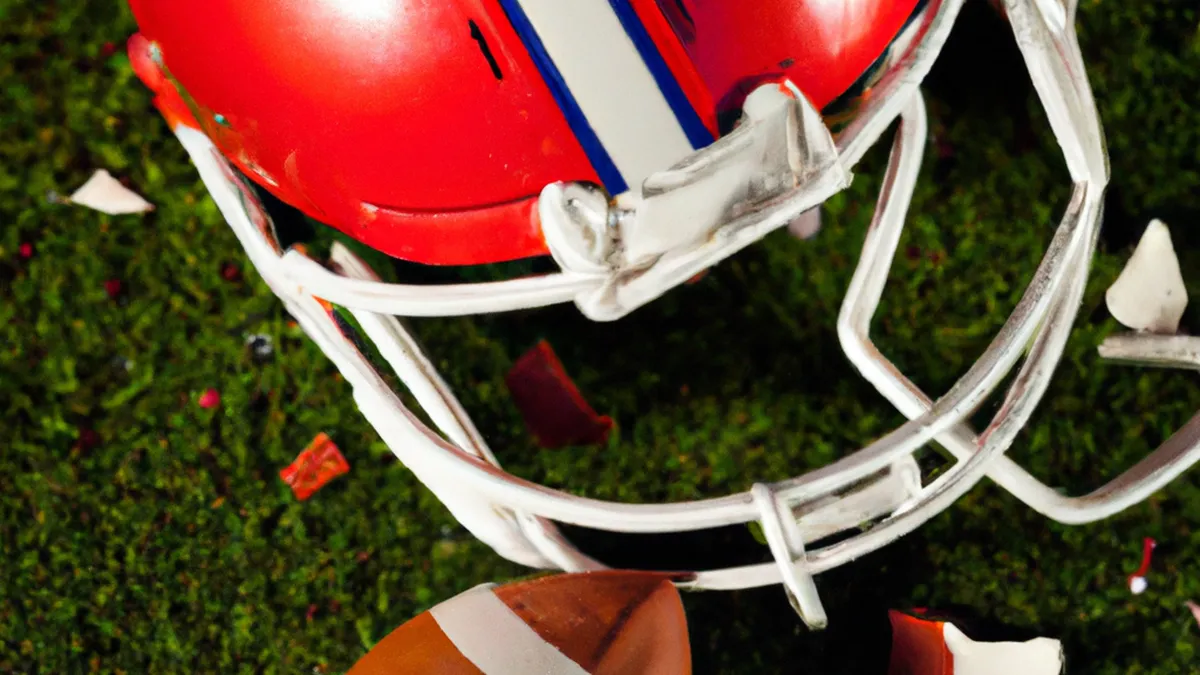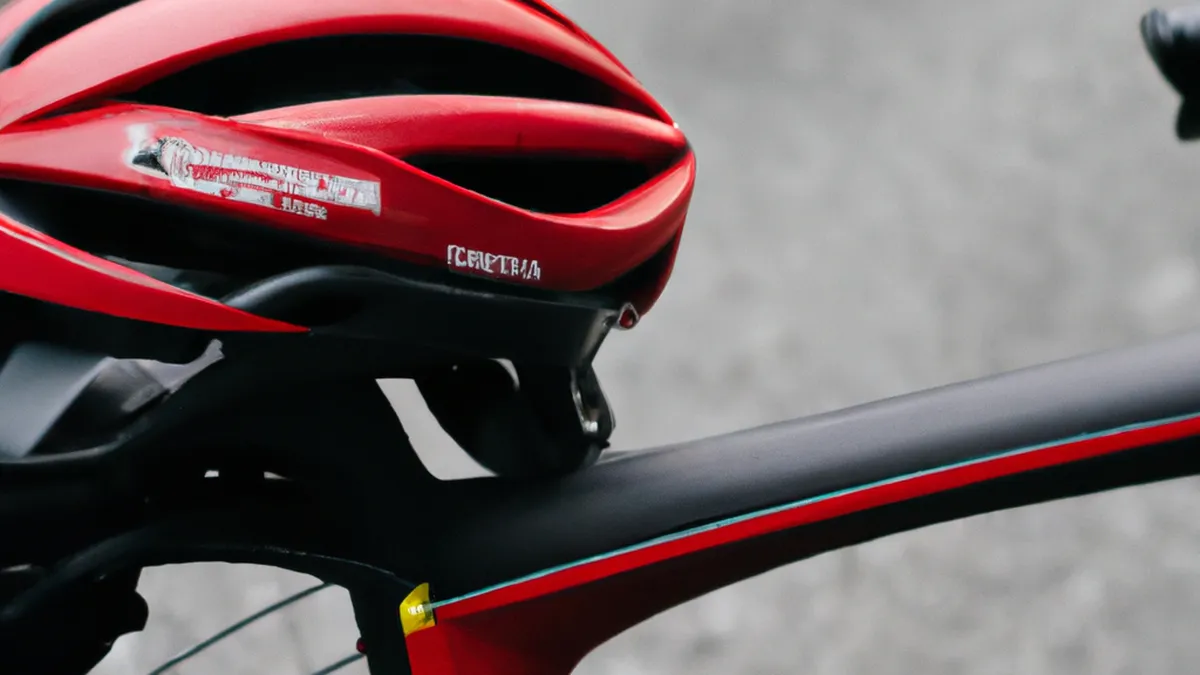Beat Fatigue: The Hydration Equation
Cycling Hydration Strategies: Keep Your Ride SmoothCycling keeps you fit and connects you with nature. However, dehydration ruins rides. Proper hydration strategies boost performance and enjoyment. This blog offers hydration tips for cyclists, including when and how to hydrate.
Understand Your Hydration Needs
Every cyclist has unique hydration needs. Body weight, weather, and ride intensity influence those needs. Weigh yourself before and after rides to gauge fluid loss. For every pound lost, drink 16-20 ounces of water.
Monitor Your Sweat Rate
Your sweat rate significantly affects hydration. If you sweat heavily, replace those fluids. If you sweat less, adjust your intake. To calculate your sweat rate, weigh yourself before and after a one-hour ride. Note the difference and factor in any fluids consumed.
Consider Environmental Factors
Always consider the environment when planning hydration. Hot and humid conditions increase fluid needs. Cooler weather may reduce thirst but still causes dehydration. Adjust your hydration strategy based on the weather forecast.
Hydration Tips for Cyclists
As an Amazon Associate I earn from qualifying purchases.
Gear tip: consider electrolyte mix, soft flask, and hydration tablets to support this topic.
Now that you understand your hydration needs, explore practical tips. These strategies will help you stay hydrated during rides.
Start Early
Begin hydrating before you get on the bike. Drink water or a sports drink hours before your ride. This preparation ensures your body performs well. Aim for at least 16 ounces 1-2 hours before you start.
Use a Hydration Pack or Bottles
Invest in a quality hydration pack or multiple water bottles. A hydration pack allows easy fluid access while riding. Alternatively, use bottle cages on your bike to keep bottles close. Carry enough fluids for your ride duration.
Drink Regularly
Don’t wait until you’re thirsty. Drink regularly throughout your ride. Aim for 6-8 ounces of fluid every 15-20 minutes. This strategy maintains hydration levels and prevents dehydration. Use a timer or cycling computer to remind yourself.
Choosing the Right Fluids
Not all fluids hydrate equally. Choose the right beverages for optimal hydration.
Water vs. Sports Drinks
While water is essential, sports drinks provide additional benefits. These drinks contain electrolytes that replace what you lose through sweat. If your ride exceeds an hour, switch to a sports drink. This helps maintain energy and hydration.
Caffeinated Beverages
Caffeine can act as a diuretic but may enhance performance. If you love coffee, consider a small cup before your ride. Balance it with water to avoid dehydration.
Avoid Sugary Drinks
Steer clear of sugary sodas and juices. They cause quick blood sugar spikes followed by crashes. Focus on water and electrolyte-rich beverages for sustained hydration.
Benefits of Staying Hydrated
Hydration impacts performance and well-being. Here are some benefits of staying hydrated while cycling.
Improved Performance
Adequate hydration keeps energy levels high. It helps maintain focus and stamina during long rides. Staying hydrated allows you to push harder and ride longer.
Enhanced Recovery
Hydration aids recovery after rides. Proper fluid intake supports muscle repair and reduces soreness. Drinking enough water flushes toxins and lowers cramp risk.
Better Mood and Mental Focus
Dehydration causes fatigue and irritability. Staying hydrated improves mood and mental clarity. You’ll enjoy your ride more and feel motivated to cycle regularly.
Conclusion
Effective hydration strategies matter for every cyclist. Understand your hydration needs, drink regularly, and choose the right fluids to enhance your cycling experience. Start hydrating early and adjust your intake based on environmental factors. Follow these tips to boost performance, speed up recovery, and elevate your cycling experience. Stay hydrated and enjoy your ride!
Below are related products based on this post:
FAQ
Why is hydration important for cycling?
Hydration is crucial for maintaining energy levels and performance during cycling. It helps prevent fatigue, enhances focus, and allows cyclists to ride longer without experiencing dehydration-related issues. Proper hydration ensures a more enjoyable cycling experience.
How can I determine my hydration needs?
Your hydration needs depend on various factors such as body weight, weather conditions, and ride intensity. Weighing yourself before and after rides can help gauge fluid loss, with a recommendation to drink 16-20 ounces of water for every pound lost. This personalized approach ensures adequate hydration.
What types of fluids should I consume while cycling?
Water is essential, but sports drinks can offer additional benefits by providing electrolytes lost through sweat. For rides exceeding an hour, switching to a sports drink can help maintain energy levels. It’s best to avoid sugary drinks, as they can lead to energy crashes.















Post Comment